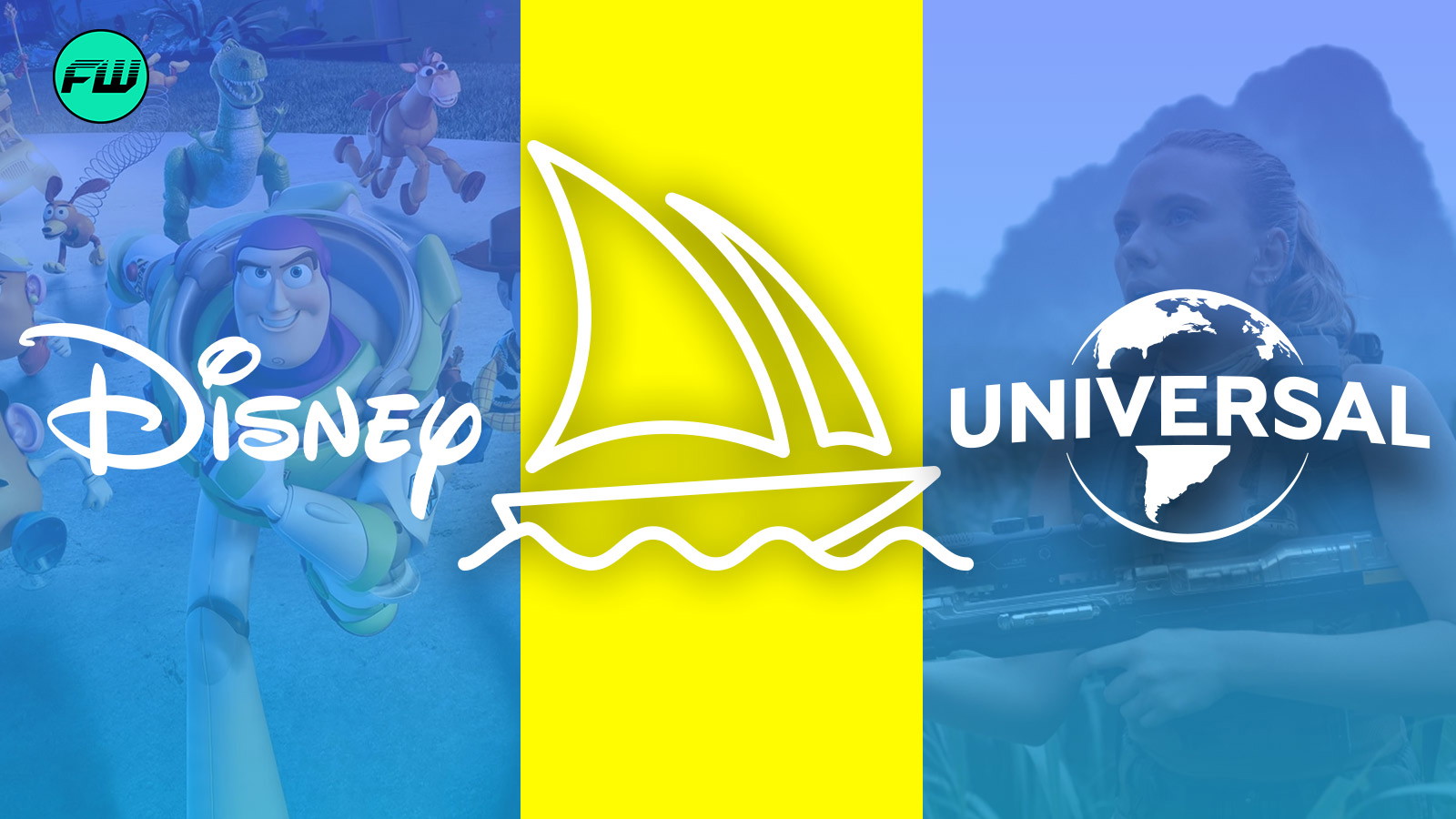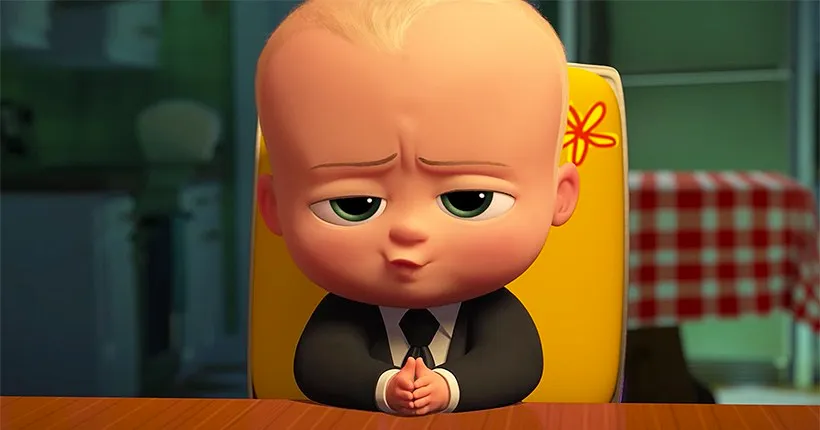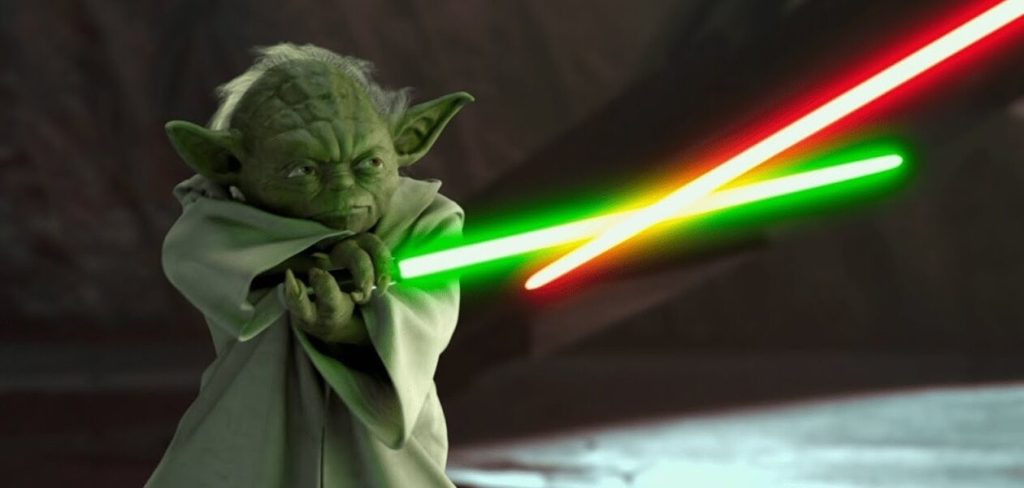
AI has been around for quite some time now, the early 1950s to be exact, but the last few years have marked a turning point in its history. What once felt like science fiction is now shaping everyday life, and the world is watching closely to see what kind of future this technology will create for humanity.
AI systems are learning and growing at an incredible pace, thanks to the billions of pieces of human-made content, images, text, and data. With each passing day, these systems become more capable, more creative, and, in some cases, more controversial. Each day, the boundary between innovation and infringement is becoming razor-thin.
That’s exactly why Disney and Universal have stepped in. And they are now suing Midjourney in order to create that line. Challenging how AI learns, what it creates, and who gets to profit from that creativity. Here is what’s happening!
Why are Disney and Universal suing Midjourney?!
Disney and Universal have long been known for aggressively protecting their intellectual property, and they’re not taking lightly the rise of AI tools that can “copy” their iconic characters.
When Midjourney, a popular AI image generator, began producing visuals closely resembling characters like Yoda with a lightsaber or the suited baby from The Boss Baby, the studios immediately saw red flags.

According to the lawsuit, these images were created using simple prompts such as “Yoda with lightsaber, IMAX” or “The Boss Baby,” resulting in outputs that the studios claim are near-identical to their copyrighted works.
What really pushed Disney and Universal over the edge was that they say they asked Midjourney to install filters to stop this kind of copying, and Midjourney flat-out ignored them. On top of that, the lawsuit claims Midjourney made extra copies of copyrighted content during the training process, basically remixing and reusing their work without permission.
This case goes beyond the usual “gray area” arguments around training AI. Disney and Universal are calling out the entire system, saying Midjourney’s business is built on borrowing other people’s creations without asking.
And since billion-dollar franchises are involved, they’re not taking it lightly. If the court sides with them, it could force AI companies everywhere to rethink how they build and use their tools, and draw some serious lines around what AI can and can’t generate.
Why Midjourney’s defense might fall flat in court!
Midjourney is trying to protect itself with something called “fair use”, a legal rule that says it’s okay to use someone else’s work in certain situations, like for learning or creating something new.

In the past, AI companies have used this to defend how they train their models, saying that using copyrighted material helps the AI learn but doesn’t directly copy it. But this time, Disney and Universal aren’t just talking about how the AI was trained, they’re focusing on what it actually creates.
And when those creations look almost exactly like famous characters, it’s a much harder sell. Matthew Sag, a professor from Emory University, an expert and professor of law and artificial intelligence, says (via Wired),
The reason it’s different is that Disney directly attacks the output of the model. It doesn’t just use a few cherry-picked examples to prove that the model was trained on its works, It’s going to be very difficult for a court or a jury to accept that it is transformative to take 1,000 pictures of Darth Vader and use them to produce even more pictures of Darth Vader.
And moreover, what makes this lawsuit stand out is that Disney and Universal didn’t just toss around big accusations, they brought receipts. The complaint is packed with side-by-side images showing Midjourney’s AI-generated versions looking very close to the originals. And under copyright law, the closer something looks to the real deal, the harder it is to argue it’s a fresh, transformative work.
Then there’s the money issue. Courts often want to know, is the original creator losing money because of this? Disney and Universal say yes, big time. They argue that AI-generated knockoffs put their entire business model at risk, threatening not just profits but jobs.
They’ve painted Midjourney as a modern-day bootlegger, copying without permission and cashing in on their creations. This case could seriously set the tone for how AI and copyright will coexist in the years to come.
This post belongs to FandomWire and first appeared on FandomWire
